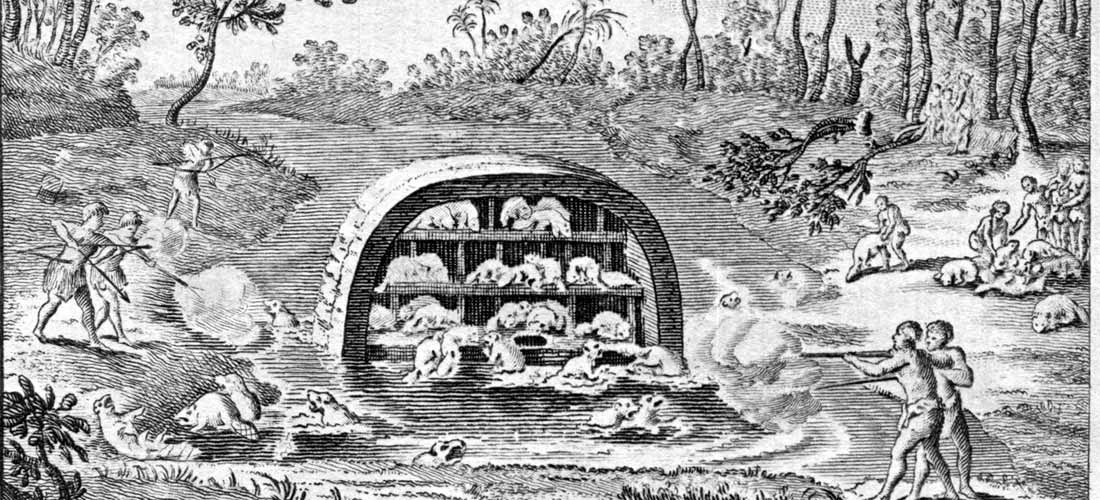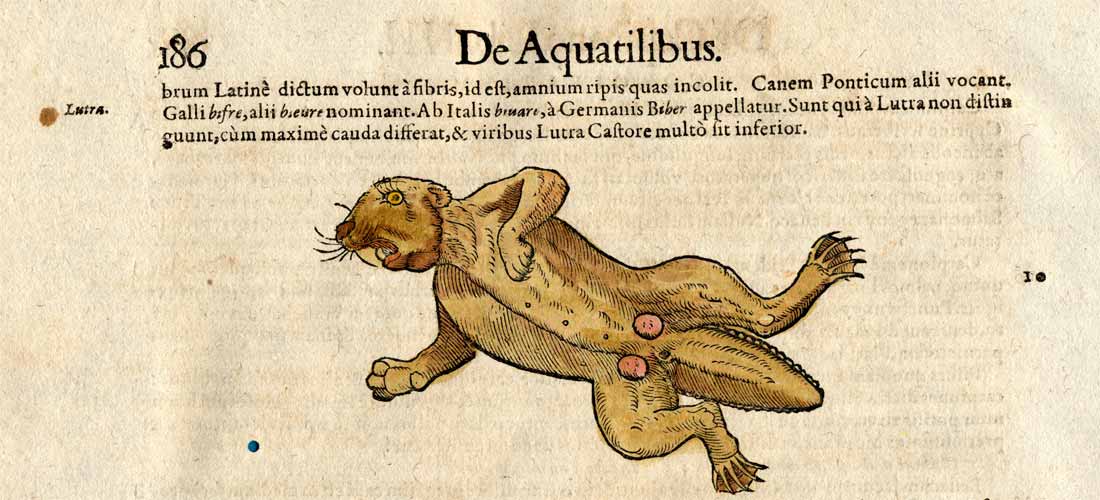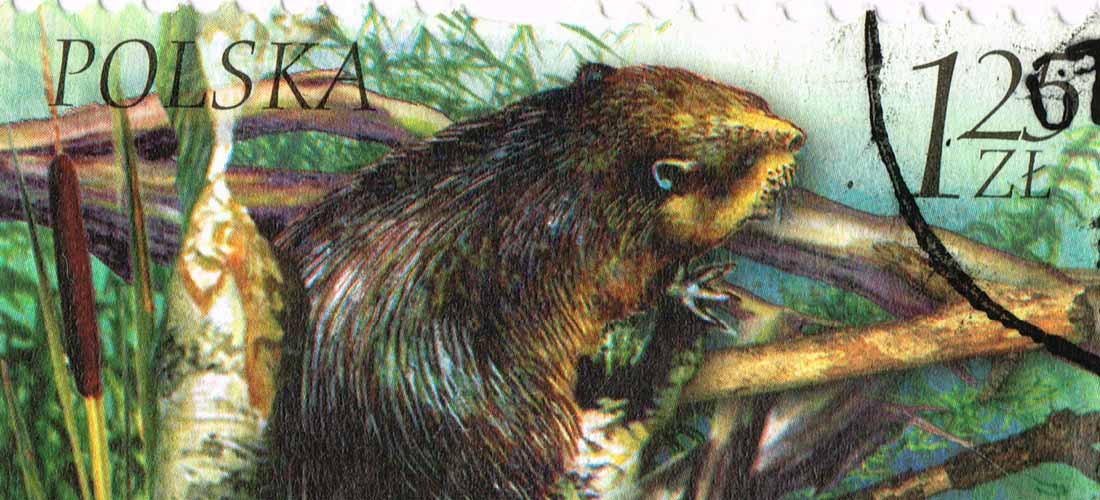Summa theologica bzw. Summa theologiae (dt. Theologische Summe bzw. Summe der Theologie) bezeichnet eines der Hauptwerke des katholischen Kirchenlehrers und Heiligen Thomas von Aquin aus der Zeit von 1265 (oder 1266) bis 1273. Das Kapitel über das Fasten hat kirchliche Vorschriften über zulässige Fastenspeisen stark beeinflusst.
Im Band 2 , Frage 147, Abschnitt 8 erläutert er warum Gläubige in der Fastenzeit auf den Genuss von Fleisch, Milch und Eiern von Landtieren verzichten sollten. Der Genuss von Produkten dieser Tiere, die ähnlich wie der Mensch auf dem Land schlafen (und die Luft des Landes atmen), bedeute eine größere Hinwendung zur Lust (und Förderung des Sexulatriebes), weshalb dies zu unterlassen sei.
Spätere theologische Auslegungen zählten den Biber (oder zumindest den hinteren eindeutig "fischigen" Teil) zu den Tieren des Wassers.
Untenstehend ein Auszug aus einer englischen Übersetzung der Summa Theologica
I answer that, As stated above (Article 6), fasting was instituted by the Church in order to bridle the concupiscences of the flesh, which regard pleasures of touch in connection with food and sex. Wherefore the Church forbade those who fast to partake of those foods which both afford most pleasure to the palate, and besides are a very great incentive to lust. Such are the flesh of animals that take their rest on the earth, and of those that breathe the air and their products, such as milk from those that walk on the earth, and eggs from birds. For, since such like animals are more like man in body, they afford greater pleasure as food, and greater nourishment to the human body, so that from their consumption there results a greater surplus available for seminal matter, which when abundant becomes a great incentive to lust. Hence the Church has bidden those who fast to abstain especially from these foods.






